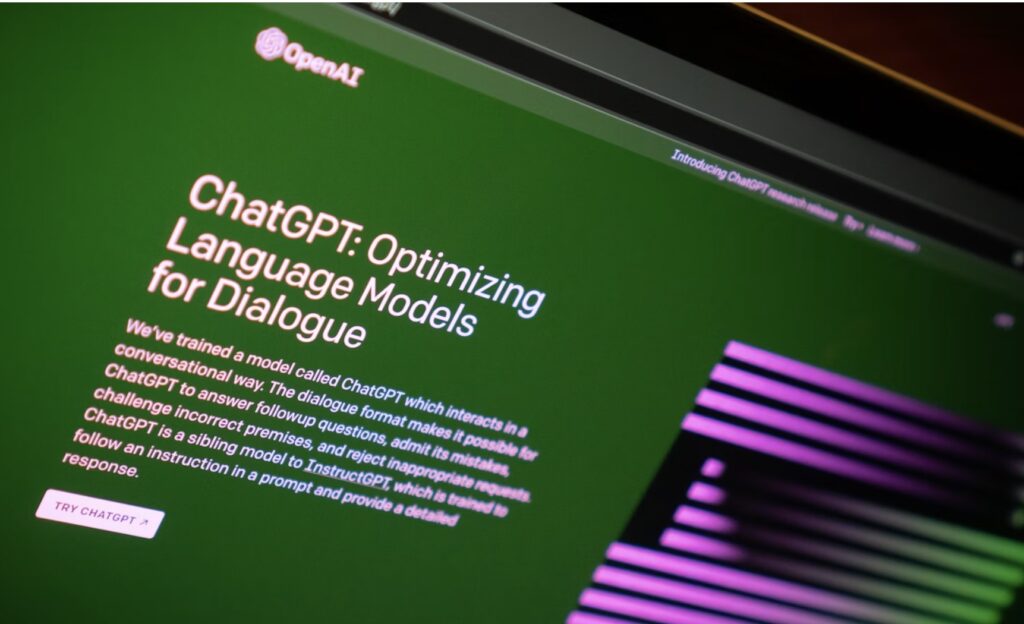Two authors from Massachusetts have filed a lawsuit against American artificial intelligence (AI) company OpenAI after allegedly using their books to train the company’s AI chatbot, ChatGPT, without their knowledge and consent.
According to the lawsuit, ChatGPT generated “very accurate summaries” of Paul Tremblay and Mona Awad’s copyrighted works including Tremblay’s “The Cabin at the End of the World” and Awad’s “13 Ways of Looking at a Fat Girl” and “Bunny” – which they said would only be possible if the company used those books to train the AI.
They stated that the company had “unfairly” profited from the “stolen writings and ideas” of the authors – as such, the usage of the copyrighted works would be a violation of the copyright law.
The authors’ lawyers, Joseph Saveri and Matthew Butterick, said to an international news site that even though authors have “great legal protection,” they still have to confront companies like OpenAI “who behave as if these laws don’t apply to them.”
Saveri and Butterick also shared that OpenAI has become “increasingly secretive” about its training data, with the company sharing that it only generally used the web, including information from Wikipedia and other archived books.
The complainants called for monetary damages on behalf of all the authors based in the United States whose works were also allegedly used.
However, aside from the evidence of the almost fully-accurate summaries, there is no further evidence to prove how the company gathered the information about the books, as well as to prove that the authors have suffered financial damages because of it.
Other POP! stories that you might like:
5,000-year-old cuneiform tablets translated in an instant, thanks to groundbreaking AI
Elon Musk imposes ‘rate limit’ on Twitter, and users are not happy about it
FIFTY FIFTY in the middle of controversy involving their agency, ATTRAKT, and Warner Music Korea
Really, we’re curious: Why do ‘apartments for rent’ in the Philippines look like this?


